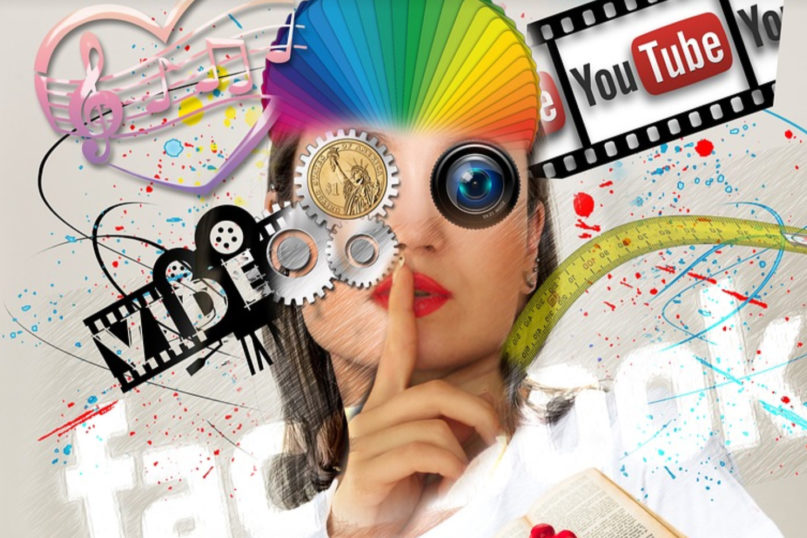
In an official blog post YouTube said it will begin to reduce
recommending “borderline content and content that could misinform users in harmful ways – such as videos promoting a phony miracle cure for a serious illness, claiming the earth is flat, or making blatantly false claims about historic events like 9/11.”
By: Alexandria Addesso
Just about any topic one would like to explore, within reason of course, can be found in a video on the website YouTube. In the past decade or so the site has exploded in popularity and anyone can upload content on it. For a long time, YouTube was like the will west and steeping in unique ideas and viewpoints since it gave a platform to anyone with a camera or video editing skills except for material that was too explicit or violent.
But all that has changed. The term “fake news” has become a buzz phrase used to discredit even large media outlets. So of course, in due time it would also be used to discredit independent content created on YouTube. The site began getting major complaints when the “Up Next” video tab, which recommends videos to watch that you may be interested in based on your previously viewed videos, started recommended conspiracy theory videos that were not widely accepted. YouTube responded to critics who have long called on the site to clean up its recommendation engine and not offer conspiracy videos in the “Up Next” selection.
In an official blog post YouTube said it will begin to reduce recommending “borderline content and content that could misinform users in harmful ways – such as videos promoting a phony miracle cure for a serious illness, claiming the earth is flat, or making blatantly false claims about historic events like 9/11.”
YouTube stated that this algorithm shift will apply to less than 1 percent of the content on YouTube, but that “limiting the recommendation of these types of videos will mean a better
experience for the YouTube community.”
The network emphasized that the change will affect recommendations of what videos to watch, not whether a video is available on YouTube.
But what if what you go on YouTube for is to find out about the latest conspiracy theory? Or to rewatch videos on the 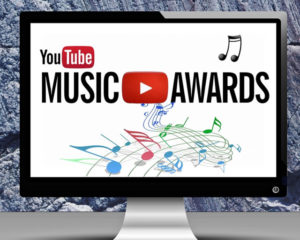 Annunaki or the faked moon landing for the millionth time? Well you can still do that. YouTube stated that the new algorithm shift will apply to less than 1 percent of the content on the site, but that “limiting the recommendation of these types of videos will mean a better experience for the YouTube community.”
Annunaki or the faked moon landing for the millionth time? Well you can still do that. YouTube stated that the new algorithm shift will apply to less than 1 percent of the content on the site, but that “limiting the recommendation of these types of videos will mean a better experience for the YouTube community.”
The site stressed the point that the change will affect recommendations of what videos to watch, not whether a video is available on YouTube.
“As always, people can still access all videos that comply with our Community Guidelines and, when relevant, these videos may appear in recommendations for channel subscribers and in search results.”























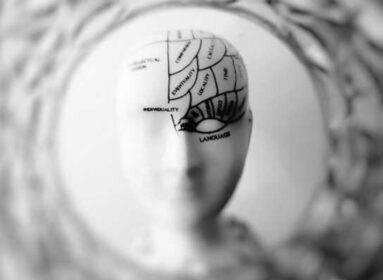








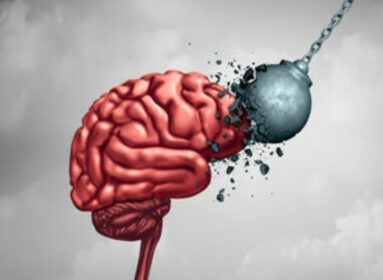





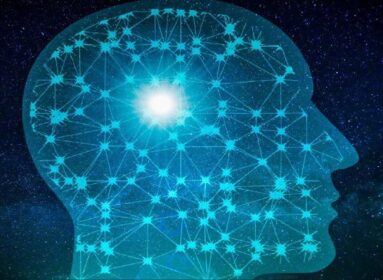



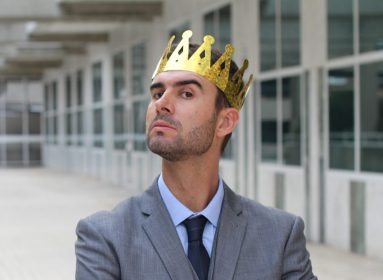























Comments are closed.